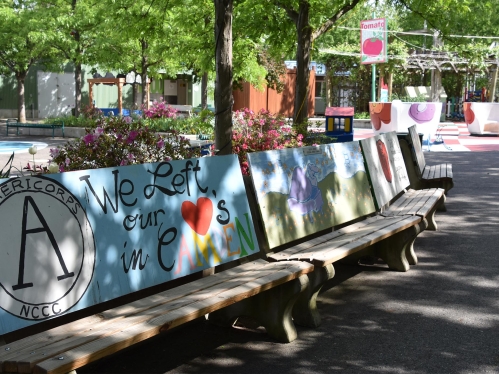
Overcoming Mental Health Disparities in Latinx Communities
Principal Investigator: Ann Bagchi, PhD/DNP, FNP-C, APN
Community Partners: The Latino Mental Health Association of NJ, and Hispanic Family Center of Southern NJ
Location: Camden
Latinx are less likely to receive treatment for common mental health disorders (e.g., depression and anxiety). When they do receive treatment, it is usually from a primary care clinician, rather than a specialty mental health provider. Studies conducted in low and middle-income countries have shown that the use of community health workers (CHWs) as direct service providers can significantly improve the management of mental health conditions through enhanced trust, reduced stigma, and removal of structural barriers to care; however, research in the United States has been limited.
Through a partnership between Rutgers University, the Latino Mental Health Association of New Jersey (LMHA), and the Hispanic Family Center of Southern New Jersey (HFC), this project will test the feasibility of training bilingual (Spanish-English) Latinx CHWs to provide MH services through the Screening, Brief Intervention, and Referral to Treatment (SBIRT) framework, using behavioral activation (BA) as the “Brief Intervention.” By “activating” a positive emotional state through the identification of personally relevant goals and problem-solving activities, BA supports a more culturally congruent approach that can address specific social determinants of mental health. If successful, the model can be incorporated into all the service programs offered in the Camden area through HFC and could be adapted to the needs of other underserved communities (e.g., African Americans, LGBTQI+, and disabled and/or elderly individuals).
In collaboration with study participants (i.e., CHWs, MH professionals, and adults with mild-to-moderate depression who participate in BA sessions), this project will develop webinars and live community-based presentations. CHWs and client participants will be invited to lead these presentations as authentic voices of the community.